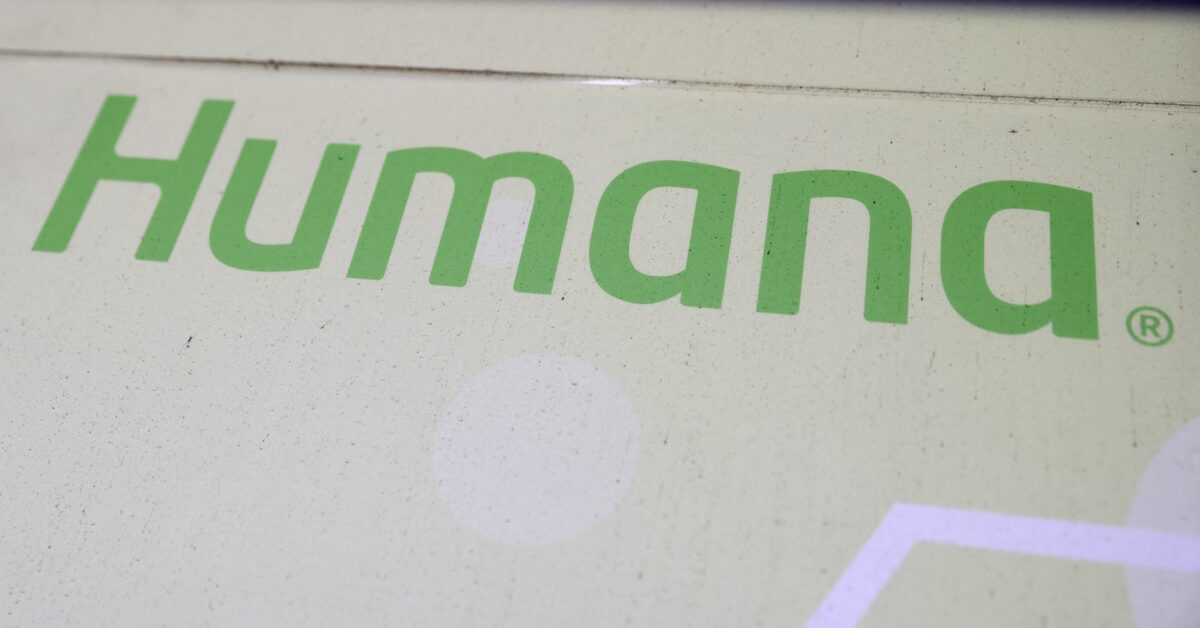Humana Inc., a U.S. healthcare company, has released a comprehensive Value-based Care (VBC) Issue Brief focused on nephrology, a specialty of internal medicine that treats diseases that affect the kidneys. This pioneering brief highlights how VBC arrangements can significantly improve patient outcomes and reduce healthcare costs for people with chronic kidney disease (CKD) and end-stage renal disease (ESRD).
“Kidney disease is a challenging diagnosis for patients to face. The prognosis is tough, and treatment is costly and burdensome for patients,” said Dr. Kate Goodrich, Chief Medical Officer at Humana. “Value-based care’s emphasis on primary care physicians (PCP), specialists, care teams, and patients working together to delay the most difficult outcomes through preventive and preemptive steps gives patients and their providers hope and a plan forward during that difficult time. It keeps everyone in alignment toward better results.”
VBC incentivizes healthcare providers for patient outcomes and quality, fundamentally different from fee-for-service models, which incentivize healthcare providers for the number of patients and procedures. Humana is leveraging expertise and success within VBC in primary care, expanding into the specialty care space, including this VBC Issue Briefon kidney care.
The need for innovative approaches to kidney care is more critical than ever. Chronic kidney disease affects more than one in seven adults (an estimated 37 million people) in the United States and is often linked to diabetes and high blood pressure. If left untreated, CKD leads to end-stage kidney disease (ESRD). According to a USRDS 2021 Annual Data Report, the number of patients with newly registered ESRD increased by 40% in a year. Once a patient has progressed to complete kidney failure, two options remain: dialysis or transplant. The second and best treatment option for those with kidney failure is a kidney transplant, but 15 people die each day while waiting for a new kidney, according to the Health Research Funding Organization.
Humana’s Issue Brief highlights benefits to kidney patients working with value-based care clinician teams, including smoother care coordination between PCPs and specialists, fewer unnecessary hospital admissions, cost savings, and longer healthy time, avoiding crisis “crash” dialysis starts and transplant decisions. Instead of more dire outcomes, VBC clinicians work together and are financially incentivized to help patients manage their care proactively and prepare for easier dialysis and transplant conversations with appropriate resources and well-aligned education.
“We’re seeing VBC providers successfully track dialysis starts and permanent access points, conduct behavioral health screenings, and monitor how the patients manage glucose and blood pressure,” said Brandon Spicer, a Humana Director working to advance value-based care strategy in the kidney care specialty. “It has all been made simpler using state-of-the-art information and data-sharing systems. While we are excited to begin seeing some positive differences, such as fewer unnecessary hospital stays, cost savings for all, and better patient follow-up with their physicians, we are very much aware that we are not talking about just data but people’s lives. Transforming how providers are rewarded on these measures helps patients avoid complications and stay healthier.”
When comparing 2023 Humana Medicare Advantage patients in VBC nephrology programs versus patients tied to fee-for-service clinicians, there were 5% fewer unnecessary hospital admissions for patients in value-based care, according to Humana’s issue brief. Humana members in VBC nephrology practices have seen improvements in patient engagement and more sustainable medical expense management of kidney disease as well. The VBC models implemented with clinicians and Humana working together also incentivize healthcare providers to manage care for Medicare recipients with CKD stages 4 and 5 and ESRD to delay the onset of dialysis and increase kidney transplantation.
Humana’s Value-based Care in Nephrology Issue Brief is a cornerstone of its commitment to improving kidney care through VBC arrangements, displaying the transformative impact of value-based models on specialty medical practice and population health. “As we continue to partner with specialty providers and discover important insights, this Issue brief can help the healthcare industry become more knowledgeable and understand the opportunities of value-based care for patients with kidney disease,” said Goodrich.
Explore the efficacies of value-based care for clinicians, members, patients, and the healthcare system overall, not just for PCPs and Medicare Advantage, but beyond that into Medicaid and specialty care at Humana.com/VBC, including access to an easy download of the VBC kidney care Issue Brief.
Insurance company works to improve standards in kidney care



